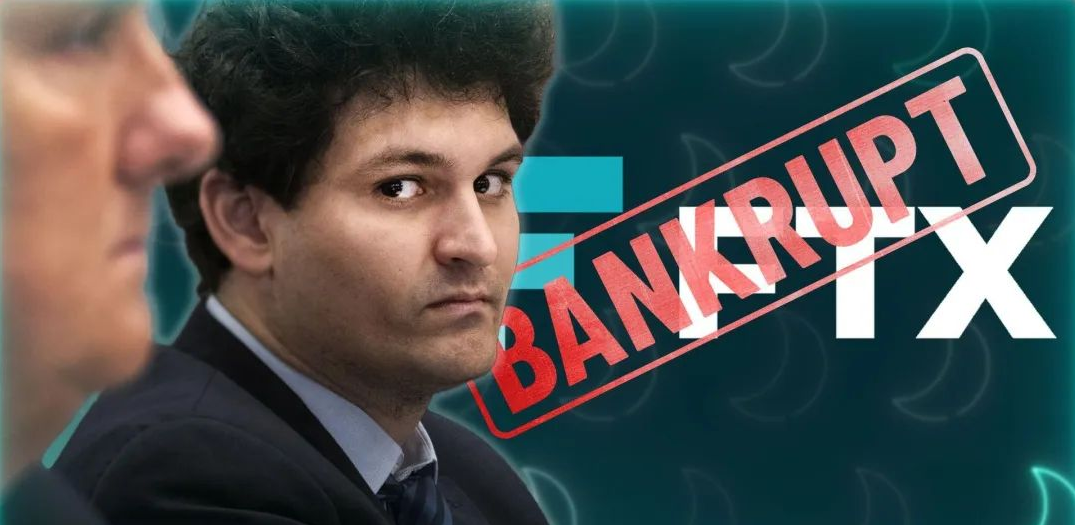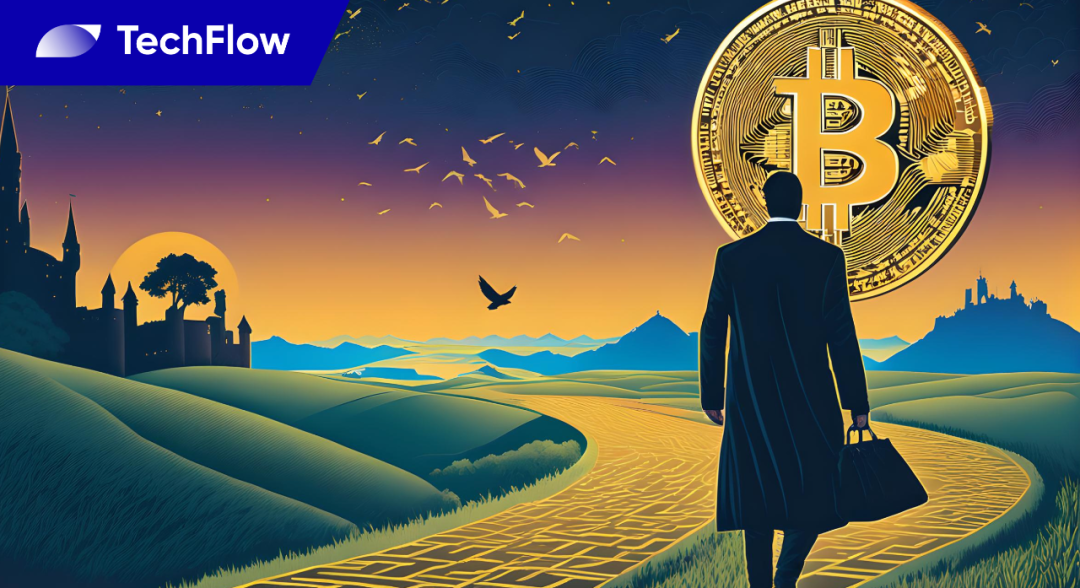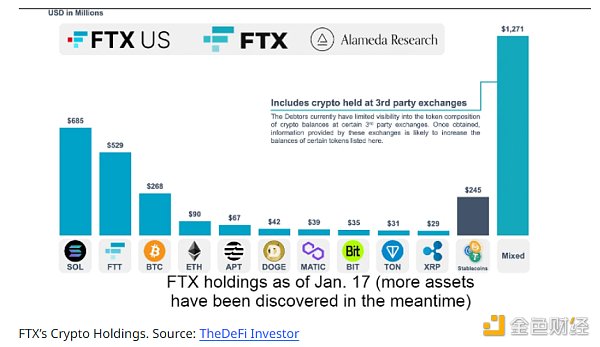New York Times article: Pursue innovation or avoid responsibility? Social media giant's decentralization movement questioned
Not long ago, Bitcoin's underlying technology was seen by Silicon Valley as the biggest hope to challenge the massive centralization of companies such as Twitter and Facebook.
Now, unexpectedly, Internet giants think technology can help them solve many problems.

Jack Dorsey, the CEO of Twitter, said last week that he hopes to fund the development of social media software, inspired by Bitcoin design, that will reduce Twitter's control over users' use of the service And transfer power to users and external programmers.
- Hidden dangers behind the DeFi prosperity ecosystem and 2020 outlook
- Hong Kong's first trial virtual bank, Zhongan Bank, struck, using core technologies such as blockchain
- Ant Financial Services will change! New CEO: Blockchain is one of Ant Financial's fintech application chassis
Similarly, Facebook CEO Mark Zuckerberg said he hopes that the concept of Bitcoin "takes power from a centralized system and puts it back into people's hands."
This decentralized trend-the buzzword used by technologists to describe such projects-has gained enough spread and sounds novel enough that it has become the subject of the HBO series Silicon Valley. One.
Although bitcoin is widely used in the technology world, its basic concept-a network of computers that runs bitcoin without anyone's management-is of most interest to many people working on decentralization.
Countless entrepreneurs are working on decentralized projects, including the founder of the World Wide Web, Tim Berners-Lee. He founded Solid to try to solve the problem of a centralized Internet by transferring ownership of personal data from large companies to users.
But mainly to replace Twitter and Facebook, not to help them solve problems. The two giants still have many problems, from monitoring the content of their websites to coping with pressure from regulators, who believe that technology companies have become too powerful.
Is pursuing innovation or avoiding responsibility? Social media giant questioned
Unsurprisingly, Twitter and Facebook's efforts were questioned, and people questioned whether they were trying to attract positive media coverage while evading responsibility and supervision.
Mitra Ardron, decentralized network project leader at the Internet Archive, said, "When a company is under pressure to do such a thing, it becomes a distraction. The Power Way. "For the past four years, the agency has hosted the Decentralized Web Summit.
Many people working on decentralization projects worry that Twitter and Facebook are trying to catch up with the anti-cultural spirit without giving up huge powers.
Eugen Rochko, founder of Twitter rival Mastodon, said:
"Those monopolies see this as a threat to their model, so they try to incorporate these concepts into their products to guarantee their control."
Dorsey said that Twitter has only just begun to think about the idea, and for the time being it will only form a team of five people. Facebook has announced bitcoin-inspired cryptocurrencies and strengthened data encryption, but beyond that, the company has done little to decentralize its services. However, Dorsey and Zuckerberg often discuss decentralization, which shows that they have a personal charm that goes beyond commercial interests.
Dorsey also hired a small team in his second company, Square, to research Bitcoin full-time, and they didn't need to take any commercial responsibility. He recently announced that he wants to spend more time in Africa to understand how Bitcoin works there.

Neha Narula, director of digital currency projects at the MIT Media Lab, said:
"It's clear that part of the reason it's (Bitcoin) is popular is that people believe it. It's not necessarily cheaper or more efficient or faster or simpler. In fact, it's much harder. But it's clear that the idea moved . "
Dorsey's tweet last week showed that he hoped that the new team, Blue Sky, could build a basic version of Twitter-anyone could copy it. This will make it easier for external developers to create and compete with their own social platforms. Competitors may offer an ad-free version or a version that can recommend tweets to readers based on different criteria.

While this is highly likely to pose a commercial threat to Twitter, Dorsey said it will also force the service "to be more innovative than in the past" and potentially attract more users.
The idea of decentralization is back to the basic design and concept of the Internet. It should be a global gathering place, everyone can participate, and no one is in charge.
Dorsey said that the invention of Bitcoin allowed those early ideals to be revived. The key to bitcoin is its blockchain database, which provides a way for computer networks that are not connected to each other, allowing them to reach a set of records for each bitcoin that exists.
Dorsey's approach is consistent with many cryptocurrency advocates-the underlying technology can be used to record the activities of all users and social networks and agree on the same set of network rules, while not being controlled by any one company. However, he said that this would likely take "many years" to achieve.
Over the past year, Facebook has carried out several projects in the hope of returning control to users.
The company's most notable work on blockchain is cryptocurrency Libra, which aims to create money without the control of any one company. Libra has been strongly opposed by politicians, regulators and even some of the project's initial partners. But it seems to have inspired central banks in China and Europe, which are also considering copying the underlying technology of Bitcoin.
The decentralization of social media is too difficult!
Many startups are already trying to create social networks using blockchain to compete with Twitter and Facebook. However, networks such as Minds and Steemit face many of the same problems as Bitcoin, making it difficult to attract mainstream attention and allow users to defend themselves against hackers. Many investors have basically given up on blockchain investments.
Several projects focused on decentralization, including Berners-Lee's Solid, have completely avoided the blockchain, as they believe that this technology has no use other than for financial transactions.
Dorsey said that the decentralized future has a great appeal, that is, Twitter will no longer be the only party who has the right to decide what can and cannot appear on the network.
To many, it sounds like Dorsey is trying to escape the most difficult, but arguably most important, responsibility of today's social networks: identifying and filtering perpetrators and false information.
Ross Schulman, senior policy technical expert at the New American Open Technology Institute, said:
"I'm worried that Twitter might try to impose responsibility on these issues to the decentralized community."
A Facebook spokesman declined to comment on the company's work on the blockchain.
Twitter rival Mastodon allows anyone to modify the software to create their own Mastodon. If people don't like to set rules in one version, they can migrate to another version.
Mastodon provides us with a window to see how difficult these issues can be, even in a decentralized situation.
Mastodon software was created to avoid anger and hate speech on Twitter. But recently, Gab, a social network closely linked to hate crimes and far-right forces, was abandoned by the mainstream Internet and used Mastodon's software to create a new base camp. Mastodon's leaders opposed this but were powerless.
Narula has written an article "Decentralized social media sounds great, but unfortunately it is impossible to achieve", she said:
"Establishing such a decentralized social network brings a series of challenges, and we have not found a solution to these problems."
We will continue to update Blocking; if you have any questions or suggestions, please contact us!
Was this article helpful?
93 out of 132 found this helpful
Related articles
- Year-end summary | 2020 panoramic view of the digital asset industry, these may be your most concerned
- Research: double spend is not worth it, Bitcoin transactions do not have to wait for 6 confirmations
- Babbitt Column | Stupid Protocol and Smart Terminal, Why Bitcoin's Simple Design Is Right
- European Central Bank's legal digital currency PoC first exposed, small transactions can be anonymous
- Popular Science | Blockchain Wallet: From Entry to Mastery
- Babbitt Column | Which File Must I Know About Blockchain Entrepreneurship?
- What is the potential of blockchain + finance? A perspective on the layout of these 30 financial institutions






